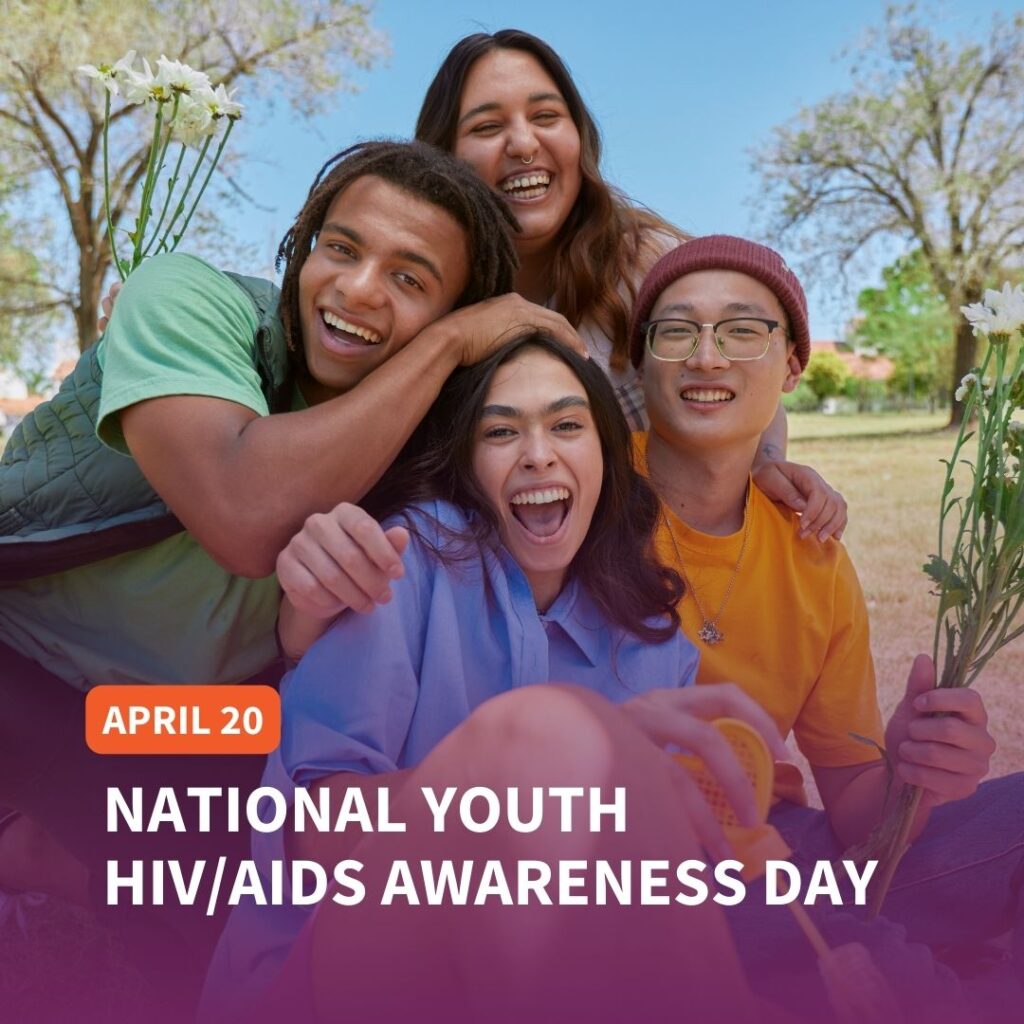March is Colorectal Cancer Awareness month. Why does colorectal cancer need a whole month of awareness? Because it is the third most common cancer in both men and women and the third leading cause of cancer death in the United States.
Recently a report from the CA: A Cancer Journal for Clinicians estimated that 136,830 people will be diagnosed with colon cancer in 2014 and 50,310 will die from the disease.
The American Cancer Society also reported that, while death rates from colon cancer have declined by 30% within the last decade, even more deaths could have been avoided if everyone got their screening tests on time. An estimated 22 million Americans (one-third of adults) over age 50, the age group at greatest risk, have not been screened.
What can you do?
If you are over age 50, or have a parent, sibling or offspring who has had colorectal cancer or polyps, talk to your doctor about recommended screenings including:
• Fecal immunochemical test (annually)
• High-sensitivity fecal occult blood test (every 3 years)
• Sigmoidoscopy (every 5 years)
• Colonoscopy (every 10 years)
After age 50, regular screenings are key as colon cancer can be prevented with detection of pre-cancerous growths (polyps) in the colon and rectum. While most polyps will not turn into cancer, having them removed can prevent cancer from occurring. In the case that colon cancer is present, regular screening increases the chances of it being found earlier, when it’s easier to treat and has a greater survival rate.
Colorectal cancer symptoms:
• Blood in or on the stool.
• Stomach pain, aches, or cramps that do not go away.
• Losing weight and you don’t know why.
Like most health issues, eating fruits, vegetables and grains and exercising and maintaining a healthy body weight help reduce your chances of developing colon cancer. Fiber is especially effective with every 10 grams of daily fiber consumption resulting in a 10% reduction in cancer risk.
To find out more, speak to your doctor. For additional resources go to http://www.ccalliance.org.
Nevada is one 25 states and four tribes in CDC’s Colorectal Cancer Control Program which provide colorectal cancer screening and follow-up care to low-income men and women aged 50–64 years who are underinsured or uninsured for screening. For information contact Nevada CRCCP – Bureau of Community and Family Wellness (775) 687-7575.



